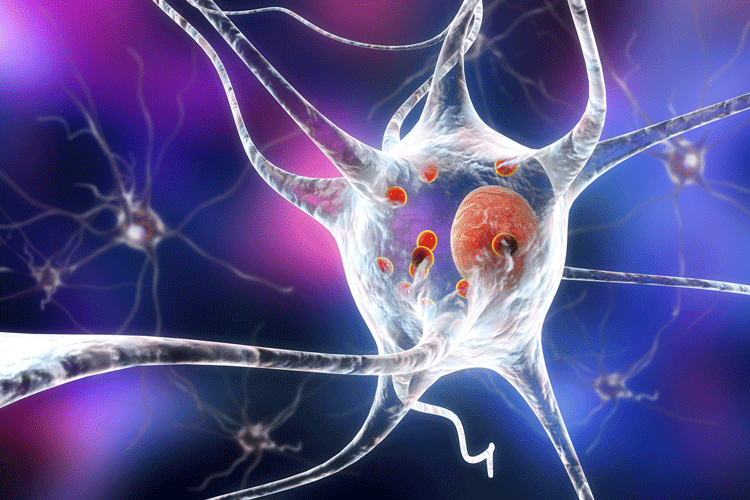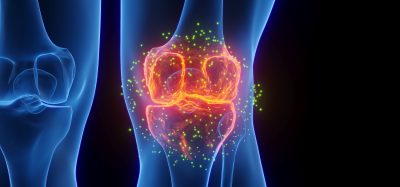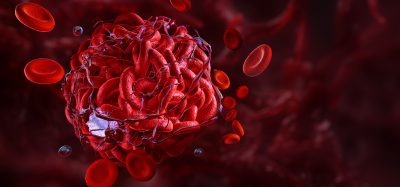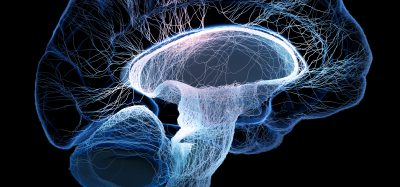BT13 molecule shows promise for halting Parkinson’s
Posted: 18 February 2020 | Nikki Withers (Drug Target Review) | No comments yet
A molecule has been shown to increase dopamine levels in the brains of mice, offering hope for stopping the progression of Parkinson’s.


Researchers have discovered a molecule – BT13 – that has the potential to stop or slow the progression of Parkinson’s.
The team, from the University of Helsinki, Finland, found that the BT13 molecule has the potential to both boost levels of dopamine, the chemical that is lost in Parkinson’s, as well as protect the dopamine-producing brain cells from dying.
The results from the study, co-funded by Parkinson’s UK and published in Movement Disorders, showed an increase in dopamine levels in the brains of mice following the injection of the molecule. BT13 also activated a specific receptor in the mouse brains to protect the cells.
Typically, by the time people are diagnosed with Parkinson’s, they have already lost 70-80 percent of their dopamine-producing cells, which are involved in co-ordinating movement.
While current therapies mask the symptoms, no treatments are available that slow down its progression or prevent more brain cells from being lost. As dopamine levels continue to fall, symptoms get worse and new ones can appear.
The researchers are now working on improving the properties of BT13 to make it more effective as a potential treatment.
The study builds on previous research on another molecule that targets the same receptors in the brain, glial cell line-derived neurotrophic factor (GDNF), an experimental treatment for the condition. While the results were not clear cut, GDNF has shown promise to restore damaged cells in Parkinson’s.
However, the GDNF protein requires complex surgery to deliver the treatment to the brain because it is a large molecule that cannot cross the blood-brain barrier.
Professor David Dexter, Deputy Director of Research at Parkinson’s UK, said: “One of the biggest challenges for Parkinson’s research is how to get drugs past the blood-brain barrier, so the exciting discovery of BT13 has opened up a new avenue for research to explore and the molecule holds great promise as a way to slow or stop Parkinson’s.
The researchers are now working on improving the properties of BT13 to make it more effective as a potential treatment”
“More research is needed to turn BT13 into a treatment to be tested in clinical trials, to see if it really could transform the lives of people living with Parkinson’s.”
Dr Yulia Sidorova, lead researcher on the study, said: “We are constantly working on improving the effectiveness of BT13. We are now testing a series of similar BT13 compounds, which were predicted by a computer programme to have even better characteristics.
“Our ultimate goal is to progress these compounds to clinical trials in a few coming years.”
Related topics
Central Nervous System (CNS), Drug Discovery, Molecular Targets, Neurosciences, Research & Development, Target Molecule, Therapeutics
Related conditions
Parkinson's
Related organisations
Parkinson's UK, University of Helsinki
Related people
Dr Yulia Sidorova, Professor David Dexter








